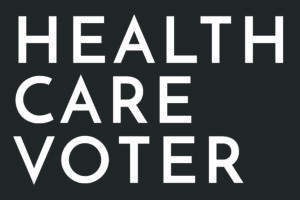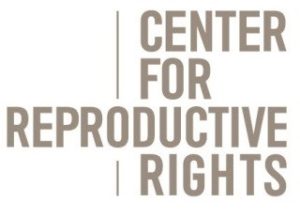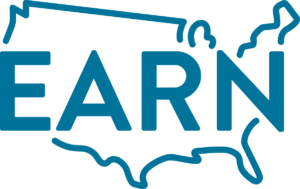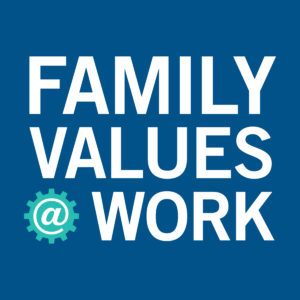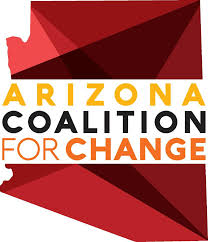|
Representative
Geran Tarr
|
Alaska
|
|
Representative
Isela Blanc
|
Arizona
|
|
Senator Andrea Dalessandro
|
Arizona
|
|
Representative
Rosanna Gabaldon
|
Arizona
|
|
Representative
Daniel Hernandez
|
Arizona
|
|
Senator Juan
Mendez
|
Arizona
|
|
Representative
Athena Salman
|
Arizona
|
|
Senator Joyce
Elliott
|
Arkansas
|
|
Representative
Vivian Flowers
|
Arkansas
|
|
Assemblyman David
Chiu
|
California
|
|
Assemblymember
Laura Friedman
|
California
|
|
Majority Leader
KC Becker
|
Colorado
|
|
Senator Lois
Court
|
Colorado
|
|
Senator Jessie
Danielson
|
Colorado
|
|
Representative
Daneya Esgar
|
Colorado
|
|
Senator Steve
Fenberg
|
Colorado
|
|
Senator Rhonda
Fields
|
Colorado
|
|
Senator Joann
Ginal
|
Colorado
|
|
Representative
Chris Hansen
|
Colorado
|
|
Representative
Leslie Herod
|
Colorado
|
|
Representative
Edie Hooton
|
Colorado
|
|
Representative
Dominique Jackson
|
Colorado
|
|
Senator Pete Lee
|
Colorado
|
|
Representative
Susan Lontine
|
Colorado
|
|
Representative
Barbara McLachlan
|
Colorado
|
|
Representative
Dafna Michaelson Jenet
|
Colorado
|
|
Senator Brittany
Pettersen
|
Colorado
|
|
Representative
Mike Weissman
|
Colorado
|
|
Majority Leader
Bob Duff
|
Connecticut
|
|
Representative
Joshua Elliott
|
Connecticut
|
|
Senator Mae
Flexer
|
Connecticut
|
|
Representative
Jillian Gilchrest
|
Connecticut
|
|
Representative
Gregory Haddad
|
Connecticut
|
|
Representative
Susan Johnson
|
Connecticut
|
|
Representative
Roland Lemar
|
Connecticut
|
|
Senator Matthew
Lesser
|
Connecticut
|
|
Senator Marilyn
Moore
|
Connecticut
|
|
Representative
Caroline Simmons
|
Connecticut
|
|
Representative
Edwin Vargas
|
Connecticut
|
|
Representative
Paul Baumbach
|
Delaware
|
|
Senator Lori
Berman
|
Florida
|
|
Representative
Anna Eskamani
|
Florida
|
|
Senator Gloria
Butler
|
Georgia
|
|
Representative
Park Cannon
|
Georgia
|
|
Representative
Patricia Park Gardner
|
Georgia
|
|
Representative
Deborah Gonzalez
|
Georgia
|
|
Representative
Sheila Jones
|
Georgia
|
|
Representative
Dar'shun Kendrick
|
Georgia
|
|
Representative
Bee Nguyen
|
Georgia
|
|
Senator Nan
Orrock
|
Georgia
|
|
Representative
Kim Schofield
|
Georgia
|
|
Representative
Renitta Shannon
|
Georgia
|
|
Senator Nikema
Williams
|
Georgia
|
|
Senator Rosalyn
Baker
|
Hawaii
|
|
Representative
Della Au Belatti
|
Hawaii
|
|
Senator Donna
Mercado Kim
|
Hawaii
|
|
Representative
Nicole Lowen
|
Hawaii
|
|
Representative
Roy Takumi
|
Hawaii
|
|
Representative
Sue Chew
|
Idaho
|
|
Representative
Carol Ammons
|
Illinois
|
|
Senator Omar
Aquino
|
Illinois
|
|
Representative
Kelly Cassidy
|
Illinois
|
|
Representative
Sara Feigenholtz
|
Illinois
|
|
Senator Laura
Fine
|
Illinois
|
|
Representative
Robyn Gabel
|
Illinois
|
|
Representative
Jehan Gordon-Booth
|
Illinois
|
|
Representative
Will Guzzardi
|
Illinois
|
|
Senator Don
Harmon
|
Illinois
|
|
Representative
Greg Harris
|
Illinois
|
|
Senator Mattie
Hunter
|
Illinois
|
|
Senator Toi
Hutchinson
|
Illinois
|
|
Representative
Camille Lilly
|
Illinois
|
|
Representative
Theresa Mah
|
Illinois
|
|
Representative
Robert Martwick
|
Illinois
|
|
Representative
Rita Mayfield
|
Illinois
|
|
Representative
Anna Moeller
|
Illinois
|
|
Senator Elgie
Sims
|
Illinois
|
|
Senator Heather
Steans
|
Illinois
|
|
Senator Patricia
Van Pelt-Watkins
|
Illinois
|
|
Representative
Emanuel "Chris" Welch
|
Illinois
|
|
Representative
Ann Williams
|
Illinois
|
|
Representative
Sam Yingling
|
Illinois
|
|
Representative
Marti Anderson
|
Iowa
|
|
Representative
Liz Bennett
|
Iowa
|
|
Senator Joe
Bolkcom
|
Iowa
|
|
Representative
Vicki Lensing
|
Iowa
|
|
Representative
Dennis "Boog" Highberger
|
Kansas
|
|
Representative
Annie Kuether
|
Kansas
|
|
Representative
Joni Jenkins
|
Kentucky
|
|
Representative
Mary Lou Marzian
|
Kentucky
|
|
Representative
Attica Woodson Scott
|
Kentucky
|
|
Senator Shenna
Bellows
|
Maine
|
|
Senator Catherine
Breen
|
Maine
|
|
Representative
Dale Denno
|
Maine
|
|
Representative
Donna Doore
|
Maine
|
|
Representative
Michelle Dunphy
|
Maine
|
|
Representative
Richard Farnsworth
|
Maine
|
|
Representative
Drew Gattine
|
Maine
|
|
Speaker Sara Gideon
|
Maine
|
|
Representative
James Handy
|
Maine
|
|
Representative
Erik Jorgensen
|
Maine
|
|
Representative
Jay McCreight
|
Maine
|
|
Senator Rebecca
Millett
|
Maine
|
|
Senator Dave
Miramant
|
Maine
|
|
Representative
Matt Moonen
|
Maine
|
|
Representative
Margaret O'Neil
|
Maine
|
|
Representative
Lois Reckitt
|
Maine
|
|
Representative
Deane Rykerson
|
Maine
|
|
Representative
Rachel Talbot Ross
|
Maine
|
|
Representative
Denise Tepler
|
Maine
|
|
Representative
Charlotte Warren
|
Maine
|
|
Delegate Shelly
Hettleman
|
Maryland
|
|
Senator Cheryl
Kagan
|
Maryland
|
|
Delegate Ariana
Kelly
|
Maryland
|
|
Delegate Robbyn
Lewis
|
Maryland
|
|
Delegate Karen
Lewis Young
|
Maryland
|
|
Delegate Brooke
Lierman
|
Maryland
|
|
Delegate David
Moon
|
Maryland
|
|
Delegate Pamela
Queen
|
Maryland
|
|
Delegate Ana
Sol-Gutierrez
|
Maryland
|
|
Delegate
Jheanelle Wilkins
|
Maryland
|
|
Senator Mike
Barrett
|
Massachusetts
|
|
Representative
Carmine Gentile
|
Massachusetts
|
|
Representative
Patricia Haddad
|
Massachusetts
|
|
Representative
Natalie Higgins
|
Massachusetts
|
|
Representative
Jack Patrick Lewis
|
Massachusetts
|
|
Representative
David Linsky
|
Massachusetts
|
|
Representative
Jay Livingstone
|
Massachusetts
|
|
Representative
Tram T. Nguyen
|
Massachusetts
|
|
Representative
Alice Peisch
|
Massachusetts
|
|
Representative
Denise Provost
|
Massachusetts
|
|
Senator Becca
Rausch
|
Massachusetts
|
|
Representative
Lindsay Sabadosa
|
Massachusetts
|
|
Minority Leader
Jim Ananich
|
Michigan
|
|
Senator Winnie
Brinks
|
Michigan
|
|
Minority Floor
Leader Stephanie Chang
|
Michigan
|
|
Senator Erika
Geiss
|
Michigan
|
|
Minority Leader
Christine Greig
|
Michigan
|
|
Senator Curtis Hertel
|
Michigan
|
|
Representative
Kara Hope
|
Michigan
|
|
Senator Jeff
Irwin
|
Michigan
|
|
Representative
Donna Lasinski
|
Michigan
|
|
Senator Jeremy
Moss
|
Michigan
|
|
Representative
Kristy Pagan
|
Michigan
|
|
Representative
Rebekah Warren
|
Michigan
|
|
Representative
Robert Wittenberg
|
Michigan
|
|
Representative
Jamie Becker-Finn
|
Minnesota
|
|
Representative
Raymond Dehn
|
Minnesota
|
|
Senator D. Scott
Dibble
|
Minnesota
|
|
Representative
Mike Freiberg
|
Minnesota
|
|
Representative
Frank Hornstein
|
Minnesota
|
|
Speaker Melissa
Hortman
|
Minnesota
|
|
Representative
Fue Lee
|
Minnesota
|
|
Representative
Carlos Mariani
|
Minnesota
|
|
Representative
Sandra Masin
|
Minnesota
|
|
Representative
Rena Moran
|
Minnesota
|
|
Representative
Liz Olson
|
Minnesota
|
|
Senator Sandy
Pappas
|
Minnesota
|
|
Representative
Dave Pinto
|
Minnesota
|
|
Representative
Kathy Sykes
|
Mississippi
|
|
Representative
Richard Brown
|
Missouri
|
|
Representative
Sarah Unsicker
|
Missouri
|
|
Representative
Cora Faith Walker
|
Missouri
|
|
Representative
Mary Caferro
|
Montana
|
|
Representative
Mary Ann Dunwell
|
Montana
|
|
Representative
Jessica Karjala
|
Montana
|
|
Representative
Andrea Olsen
|
Montana
|
|
Senator Jennifer
Pomnichowski
|
Montana
|
|
Senator Diane
Sands
|
Montana
|
|
Senator Frank
Smith
|
Montana
|
|
Senator Sara
Howard
|
Nebraska
|
|
Assemblywoman
Sarah Peters
|
Nevada
|
|
Senator Julia Ratti
|
Nevada
|
|
Assemblywoman
Ellen Spiegel
|
Nevada
|
|
Assemblyman
Steven Yeager
|
Nevada
|
|
Representative
Susan Almy
|
New Hampshire
|
|
Representative
Debra Altschiller
|
New Hampshire
|
|
Representative
Christy Bartlett
|
New Hampshire
|
|
Representative
Amanda Bouldin
|
New Hampshire
|
|
Representative
Renny Cushing
|
New Hampshire
|
|
Representative
Edith DesMarais
|
New Hampshire
|
|
Representative
Charlotte DiLorenzo
|
New Hampshire
|
|
Representative
Daniel Eaton
|
New Hampshire
|
|
Senator Martha
Fuller Clark
|
New Hampshire
|
|
Representative
Chuck Grassie
|
New Hampshire
|
|
Representative
Timothy Horrigan
|
New Hampshire
|
|
Representative
Mark King
|
New Hampshire
|
|
Representative
Peter Leishman
|
New Hampshire
|
|
Representative
Patricia Lovejoy
|
New Hampshire
|
|
Representative
Sharon Nordgren
|
New Hampshire
|
|
Representative
Allison Nutting-Wong
|
New Hampshire
|
|
Representative
Lee Oxenham
|
New Hampshire
|
|
Representative
Marjorie Porter
|
New Hampshire
|
|
Representative
Katherine Rogers
|
New Hampshire
|
|
Senator Cindy
Rosenwald
|
New Hampshire
|
|
Representative Kris
Schultz
|
New Hampshire
|
|
Minority Leader
Stephen Shurtleff
|
New Hampshire
|
|
Senator David
Watters
|
New Hampshire
|
|
Assemblyman Raj
Mukherji
|
New Jersey
|
|
Assemblywoman
Valerie Vainieri Huttle
|
New Jersey
|
|
Majority Leader
Loretta Weinberg
|
New Jersey
|
|
Representative
Deborah Armstrong
|
New Mexico
|
|
Representative
Andrea Romero
|
New Mexico
|
|
Senator Elizabeth
Stefanics
|
New Mexico
|
|
Senator Mimi
Stewart
|
New Mexico
|
|
Representative
Elizabeth Thomson
|
New Mexico
|
|
Representative
Christine Trujillo
|
New Mexico
|
|
Assemblymember
David Buchwald
|
New York
|
|
Assemblymember
Deborah Glick
|
New York
|
|
Assemblymember
Richard Gottfried
|
New York
|
|
Senator Liz
Krueger
|
New York
|
|
Assemblymember
Felix Ortiz
|
New York
|
|
Assemblymember
Dan Quart
|
New York
|
|
Senator Gustavo
Rivera
|
New York
|
|
Assemblymember
Nily Rozic
|
New York
|
|
Assemblymember
JoAnne Simon
|
New York
|
|
Senate Majority
Leader Andrea Stewart-Cousins
|
New York
|
|
Assemblymember
Latrice M. Walker
|
New York
|
|
Representative
Johnnie Newton Autry
|
North Carolina
|
|
Representative
Sydney Batch
|
North Carolina
|
|
Representative
Mary Belk
|
North Carolina
|
|
Representative
Cecil Brockman
|
North Carolina
|
|
Representative
Deb Butler
|
North Carolina
|
|
Senator Jay
Chaudhuri
|
North Carolina
|
|
Representative
Christy Clark
|
North Carolina
|
|
Representative
Susan Fisher
|
North Carolina
|
|
Senator Valerie
Foushee
|
North Carolina
|
|
Representative
Rosa Gill
|
North Carolina
|
|
Representative
Pricey Harrison
|
North Carolina
|
|
Representative
Verla Insko
|
North Carolina
|
|
Senator Floyd
McKissick
|
North Carolina
|
|
Representative
Graig Meyer
|
North Carolina
|
|
Representative
Marcia Morey
|
North Carolina
|
|
Senator Terry Van
Duyn
|
North Carolina
|
|
Representative
Julie Von Haefen
|
North Carolina
|
|
Senator Mike
Woodard
|
North Carolina
|
|
Senator Nickie
Antonio
|
Ohio
|
|
Representative
Erica Crawley
|
Ohio
|
|
Representative
Tavia Galonski
|
Ohio
|
|
Representative
Stephanie Howse
|
Ohio
|
|
Representative
Adam Miller
|
Ohio
|
|
Representative
Kent Smith
|
Ohio
|
|
Representative
Emilia Strong Sykes
|
Ohio
|
|
Representative
Thomas West
|
Ohio
|
|
Representative
Emily Virgin
|
Oklahoma
|
|
Representative
Julie Fahey
|
Oregon
|
|
Senator Lew
Frederick
|
Oregon
|
|
Senator Sara
Gelser
|
Oregon
|
|
Senator Laurie
Monnes Anderson
|
Oregon
|
|
Representative
Carla Piluso
|
Oregon
|
|
Representative
Karin Power
|
Oregon
|
|
Majority Leader
Jennifer Williamson
|
Oregon
|
|
Representative
Brad Witt
|
Oregon
|
|
Representative
Tim Briggs
|
Pennsylvania
|
|
Senator Maria
Collett
|
Pennsylvania
|
|
Representative
Carolyn Comitta
|
Pennsylvania
|
|
Representative
Mary Jo Daley
|
Pennsylvania
|
|
Representative
Tina Davis
|
Pennsylvania
|
|
Representative Austin
Davis
|
Pennsylvania
|
|
Minority Leader
Frank Dermody
|
Pennsylvania
|
|
Representative
Dan Frankel
|
Pennsylvania
|
|
Representative Ed
Gainey
|
Pennsylvania
|
|
Senator Art
Haywood
|
Pennsylvania
|
|
Representative
Sara Innamorato
|
Pennsylvania
|
|
Representative
Leanne Krueger-Braneky
|
Pennsylvania
|
|
Representative
Summer Lee
|
Pennsylvania
|
|
Representative
Steve McCarter
|
Pennsylvania
|
|
Senator Katie
Muth
|
Pennsylvania
|
|
Representative
Chris Rabb
|
Pennsylvania
|
|
Representative
Mike Schlossberg
|
Pennsylvania
|
|
Representative
Peter Schweyer
|
Pennsylvania
|
|
Senator Lindsey
Williams
|
Pennsylvania
|
|
Representative
Edith Ajello
|
Rhode Island
|
|
Senator Dawn Euer
|
Rhode Island
|
|
Senator Gayle
Goldin
|
Rhode Island
|
|
Representative
Evan Shanley
|
Rhode Island
|
|
Representative
Teresa Tanzi
|
Rhode Island
|
|
Representative
Gilda Cobb-Hunter
|
South Carolina
|
|
Representative
John King
|
South Carolina
|
|
Senator Margie
Bright Matthews
|
South Carolina
|
|
Representative
Steven McCleerey
|
South Dakota
|
|
Senator Susan
Wismer
|
South Dakota
|
|
Representative
G.A. Hardaway
|
Tennessee
|
|
Representative
Jessica Farrar
|
Texas
|
|
Representative
Mary Gonzalez
|
Texas
|
|
Representative
Jennifer Dailey-Provost
|
Utah
|
|
Representative
Elizabeth Weight
|
Utah
|
|
Representative
Tim Briglin
|
Vermont
|
|
Majority Leader
Sarah Copeland Hanzas
|
Vermont
|
|
Representative Maxine
Grad
|
Vermont
|
|
Majority Leader
Jill Krowinski
|
Vermont
|
|
Representative
James McCullough
|
Vermont
|
|
Representative
Mike Mrowicki
|
Vermont
|
|
Representative
Ann Pugh
|
Vermont
|
|
Representative
Barbara Rachelson
|
Vermont
|
|
Delegate Jennifer
Boysko
|
Virginia
|
|
Senator Barbara
Favola
|
Virginia
|
|
Delegate Eileen
Filler-Corn
|
Virginia
|
|
Delegate
Elizabeth Guzman
|
Virginia
|
|
Delegate Mark
Keam
|
Virginia
|
|
Delegate Kaye
Kory
|
Virginia
|
|
Senator Jennifer
McClellan
|
Virginia
|
|
Delegate Marcia
Price
|
Virginia
|
|
Representative
Eileen Cody
|
Washington
|
|
Senator Jeannie
Darneille
|
Washington
|
|
Representative
Beth Doglio
|
Washington
|
|
Representative
Joe Fitzgibbon
|
Washington
|
|
Senator Karen
Keiser
|
Washington
|
|
Senator Emily
Randall
|
Washington
|
|
Representative
Mike Sells
|
Washington
|
|
Representative
Tana Senn
|
Washington
|
|
Representative
Derek Stanford
|
Washington
|
|
Representative
Gael Tarleton
|
Washington
|
|
Senator Lisa
Wellman
|
Washington
|
|
Senator Claire
Wilson
|
Washington
|
|
Delegate Danielle
Walker
|
West Virginia
|
|
Senator Janet
Bewley
|
Wisconsin
|
|
Senator LaTonya
Johnson
|
Wisconsin
|
|
Representative
Debra Kolste
|
Wisconsin
|
|
Senator Chris
Larson
|
Wisconsin
|
|
Representative
Melissa Sargent
|
Wisconsin
|
|
Representative
Christine Sinicki
|
Wisconsin
|
|
Representative
Lisa Subeck
|
Wisconsin
|
|
Representative Chris
Taylor
|
Wisconsin
|
|
Representative
JoCasta Zamarripa
|
Wisconsin
|
|
Representative
Cathy Connolly
|
Wyoming
|
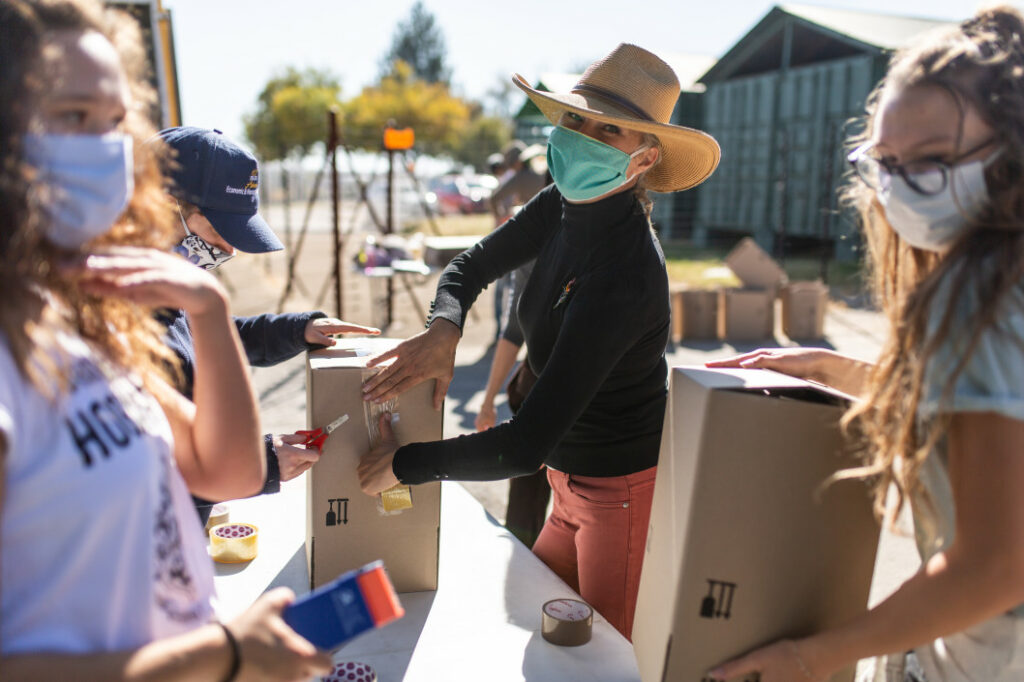



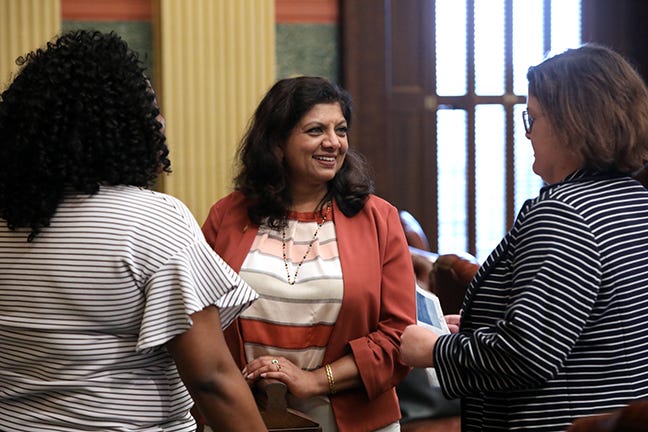

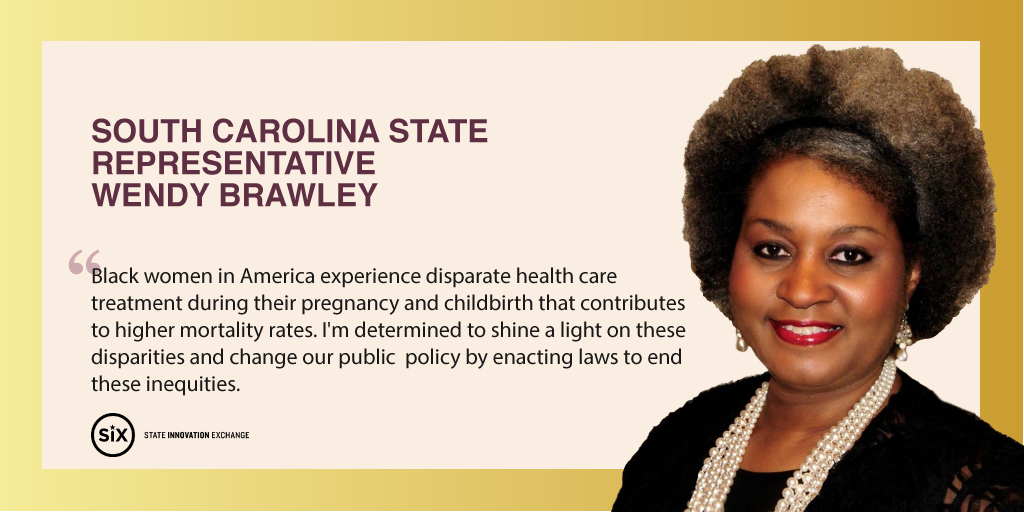
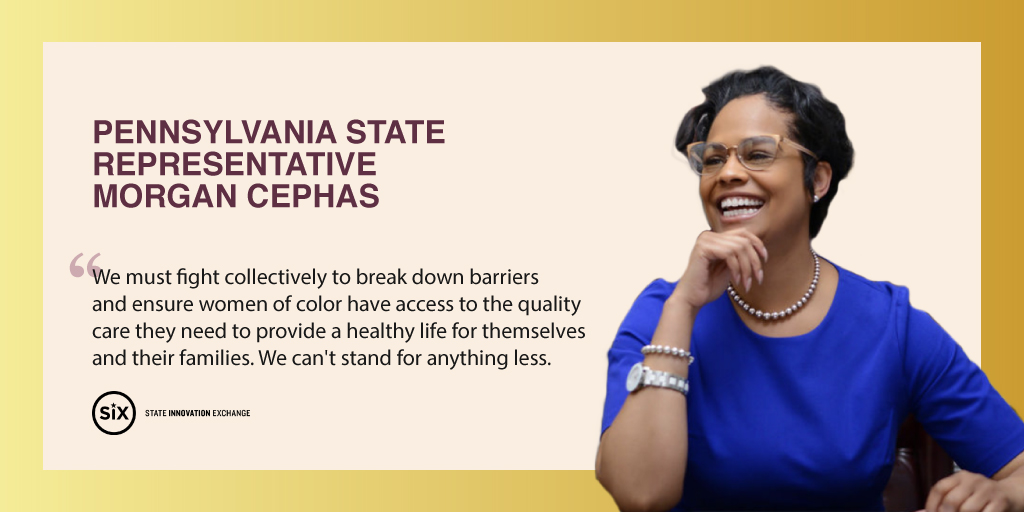
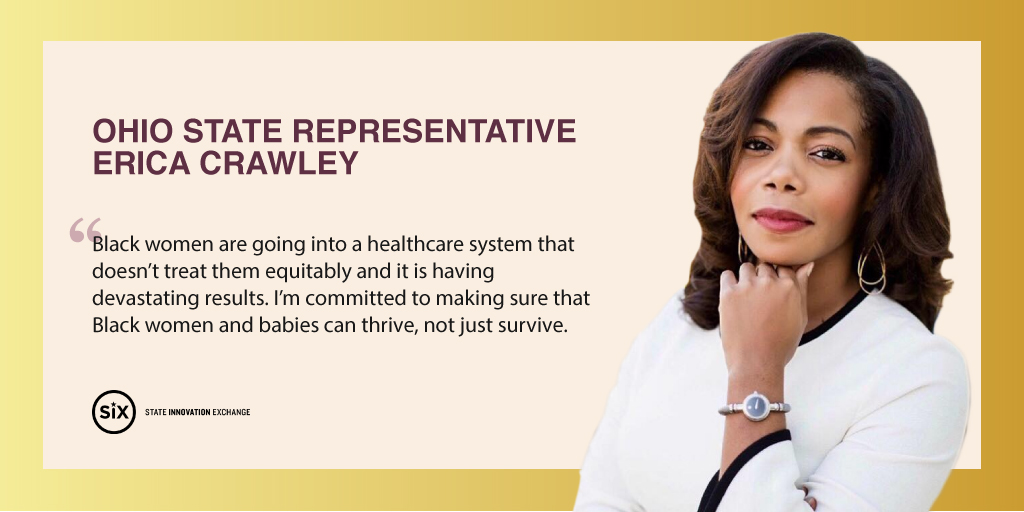
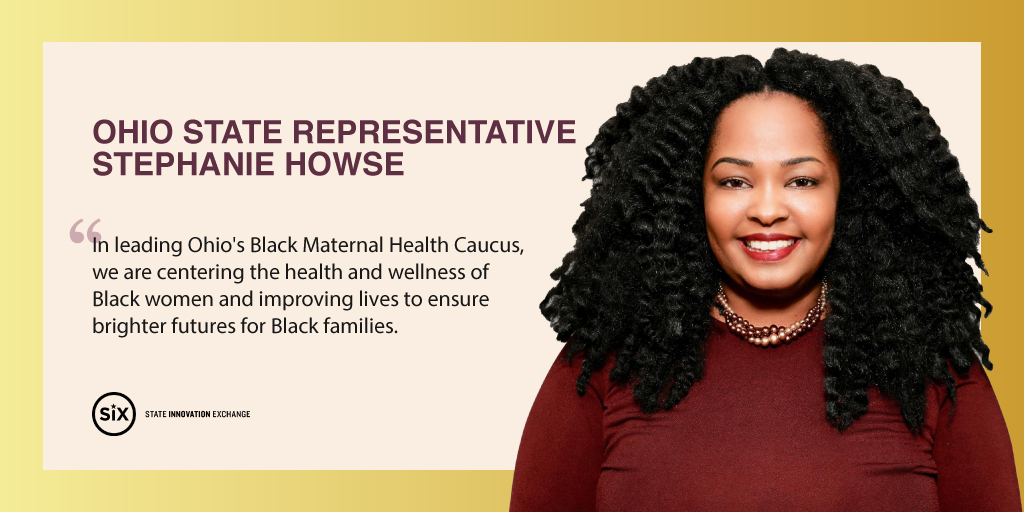
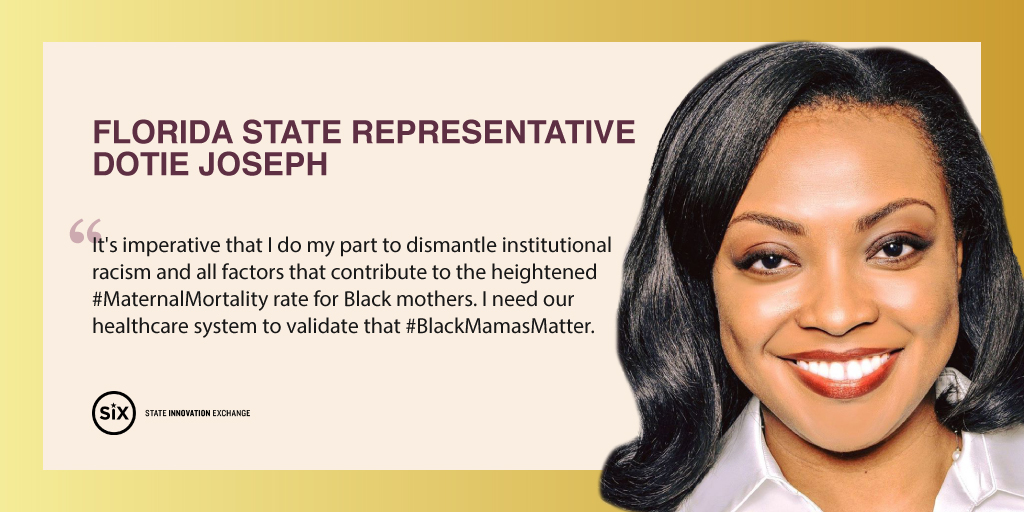
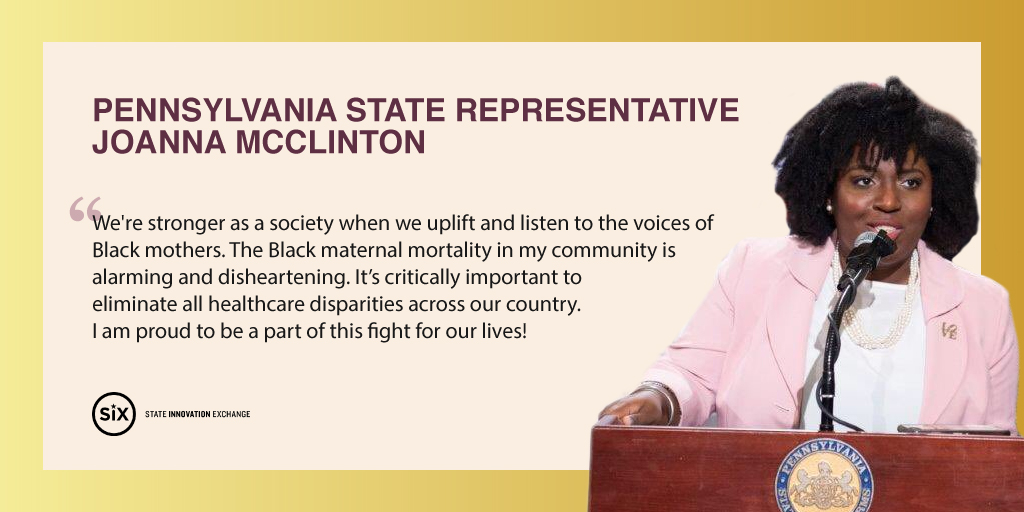
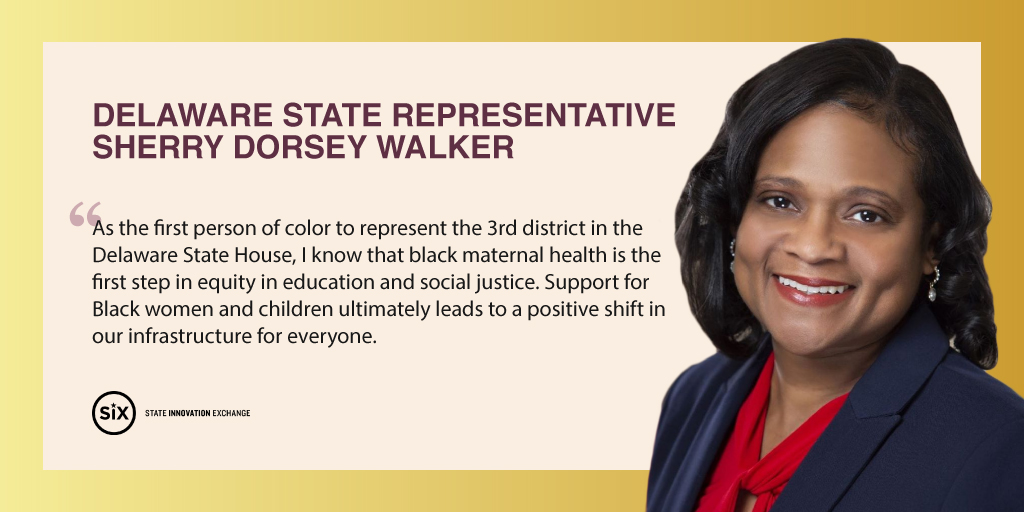
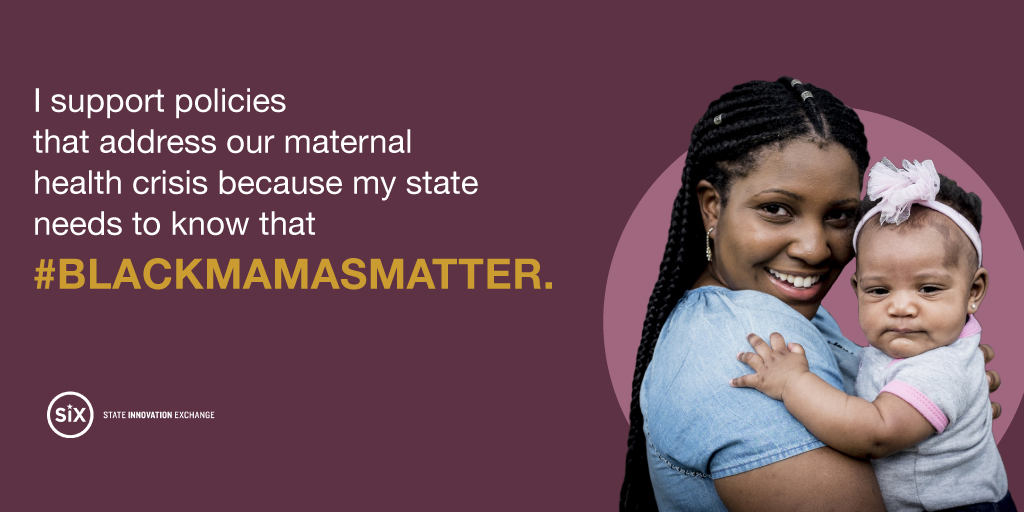
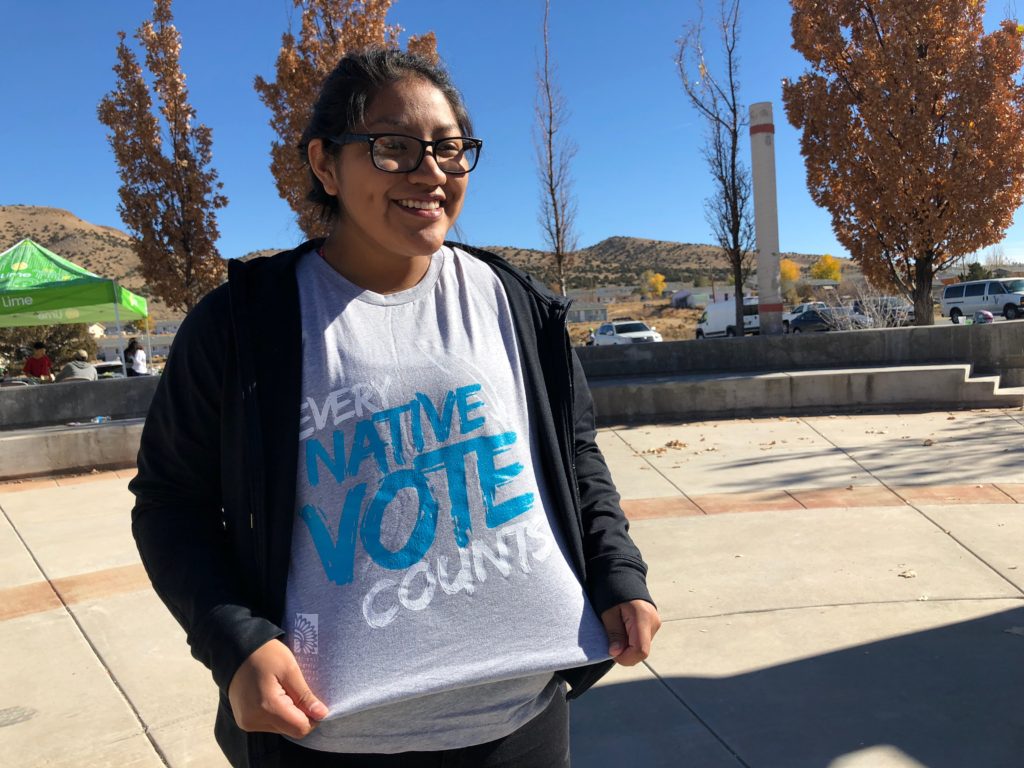

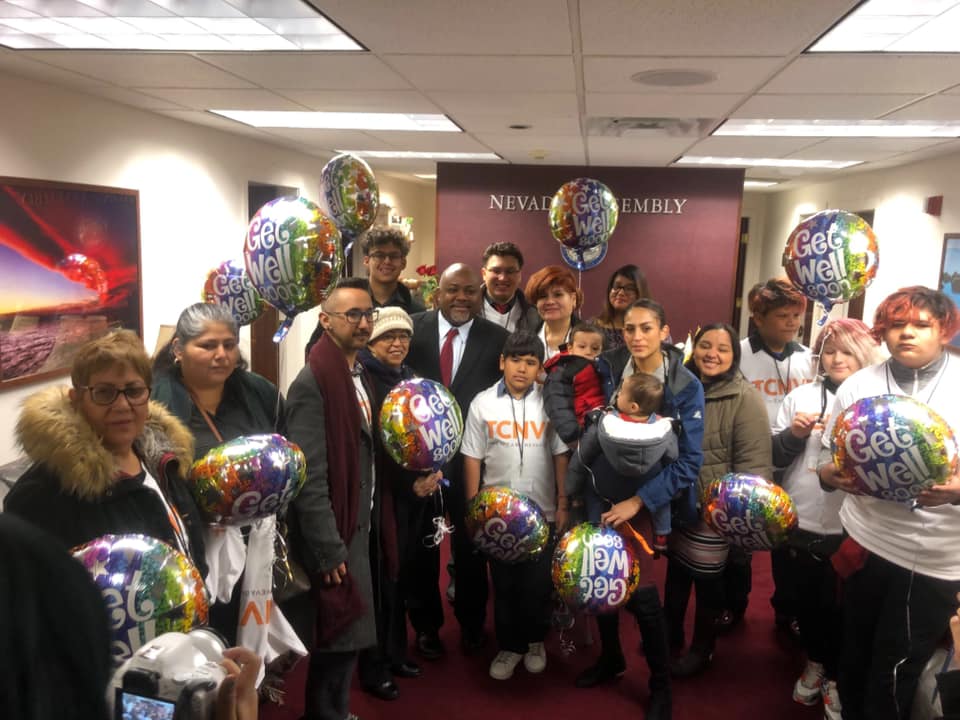


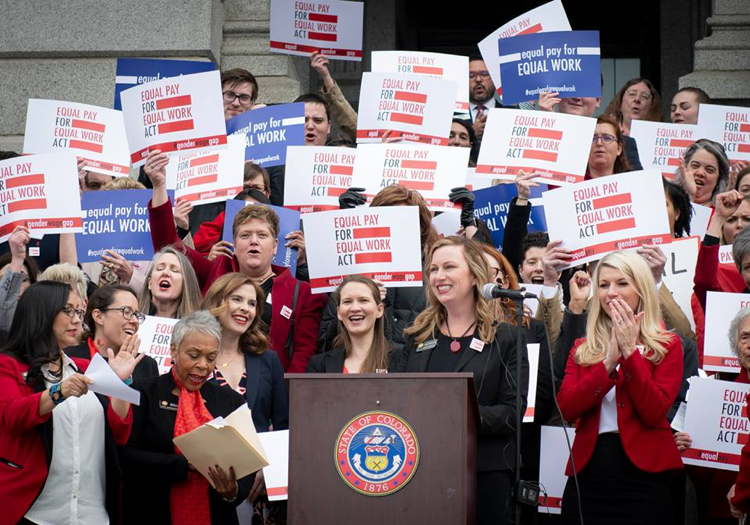

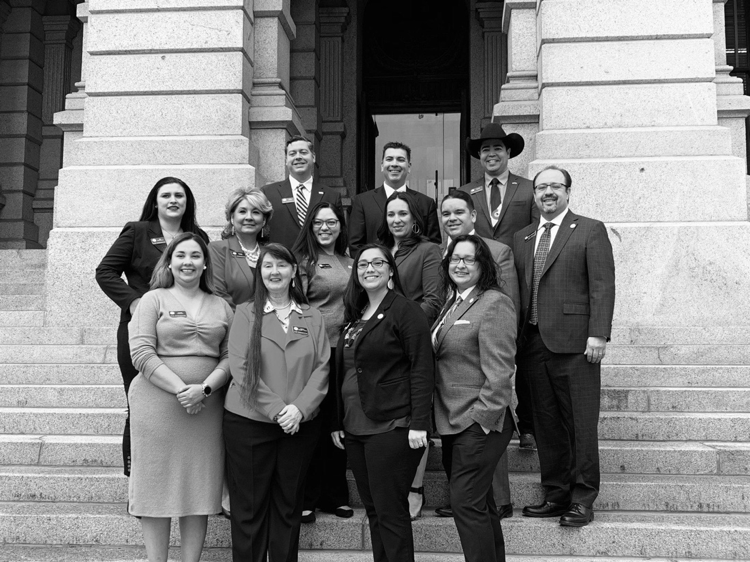
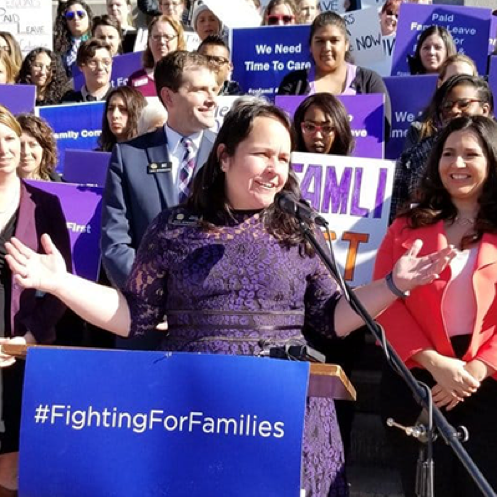
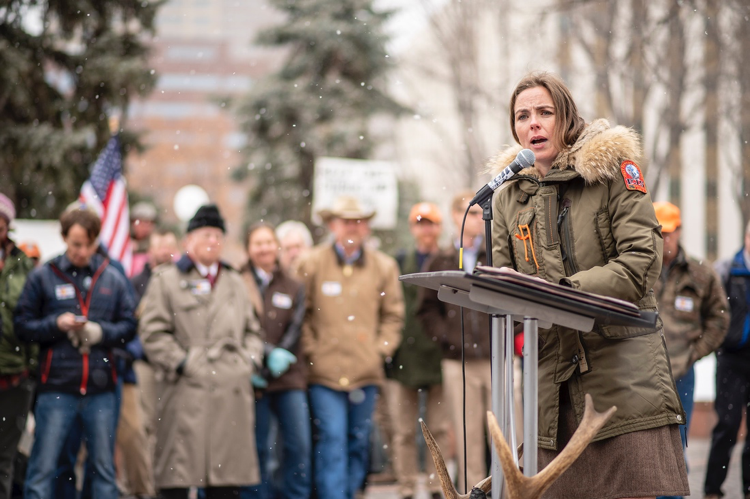
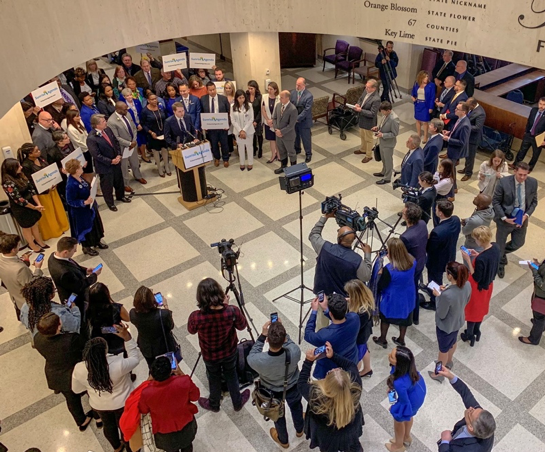
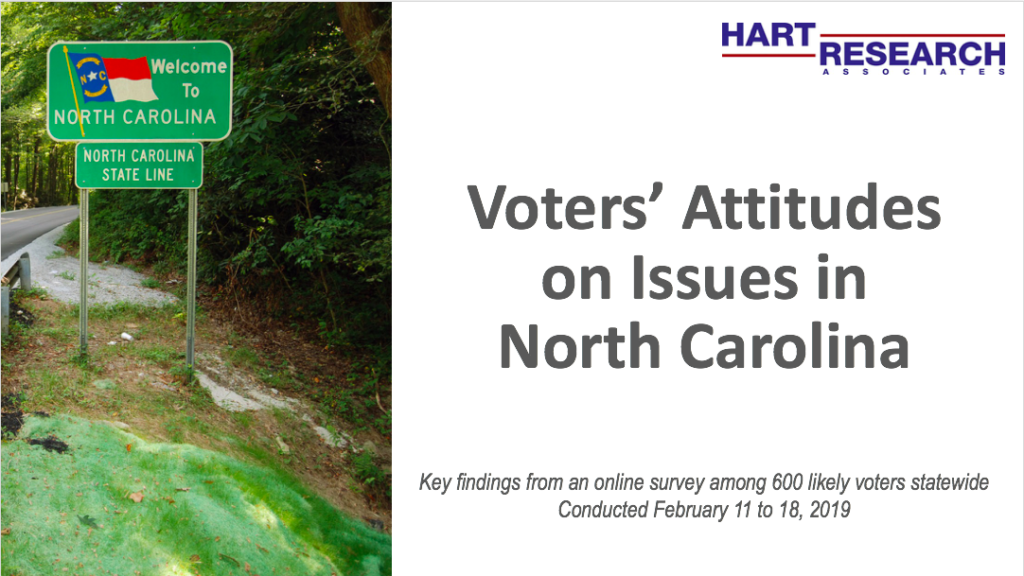
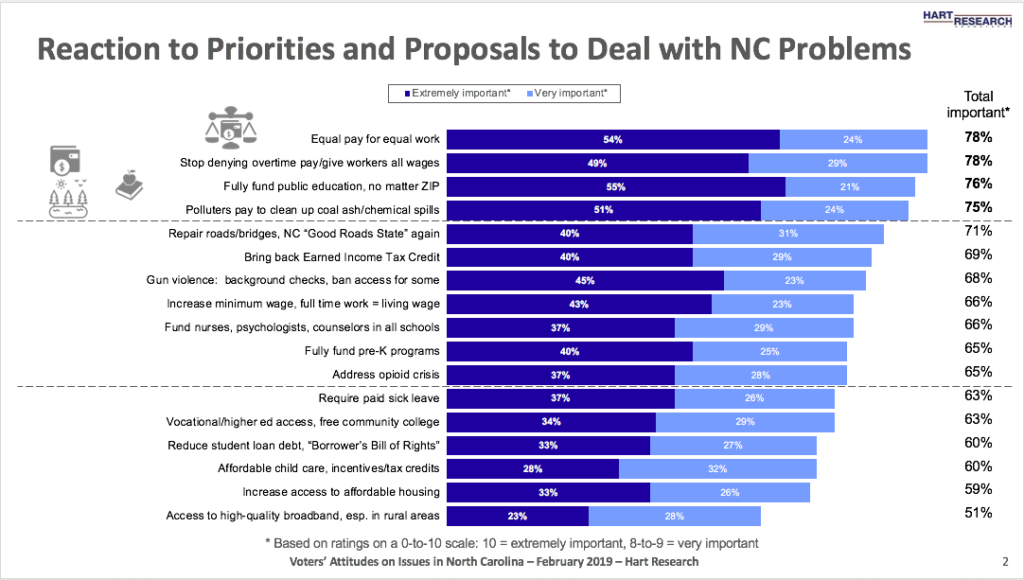
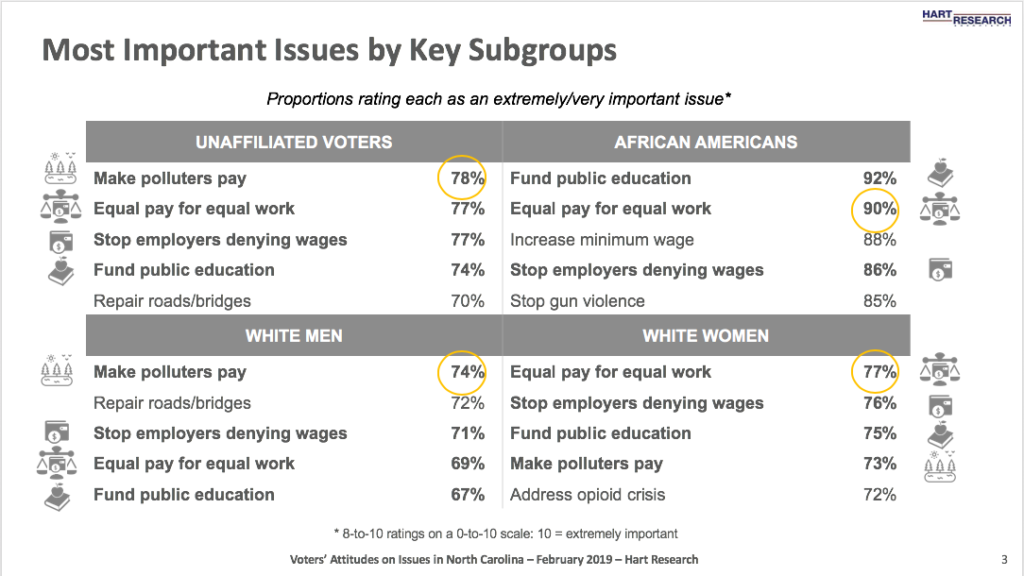
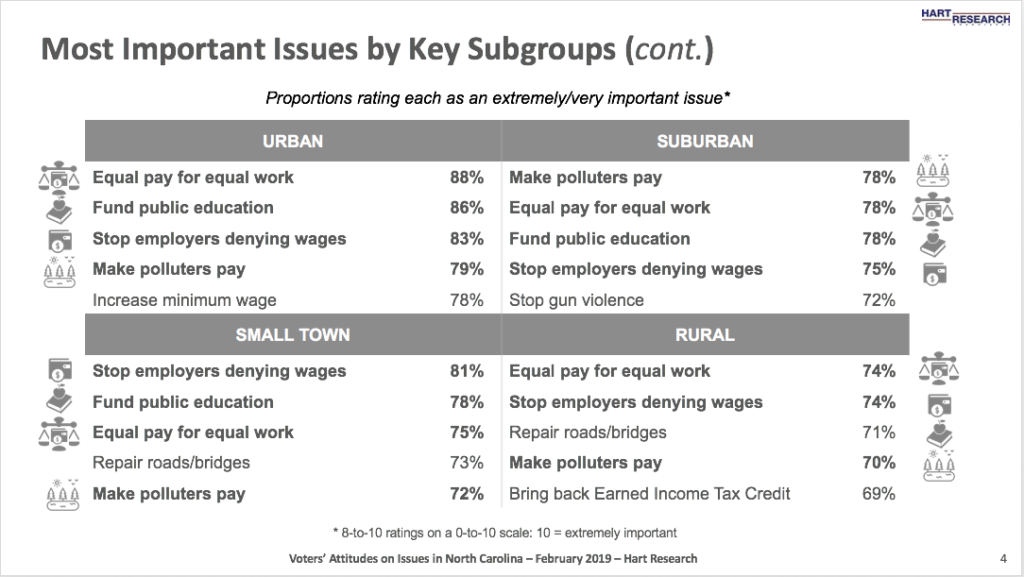
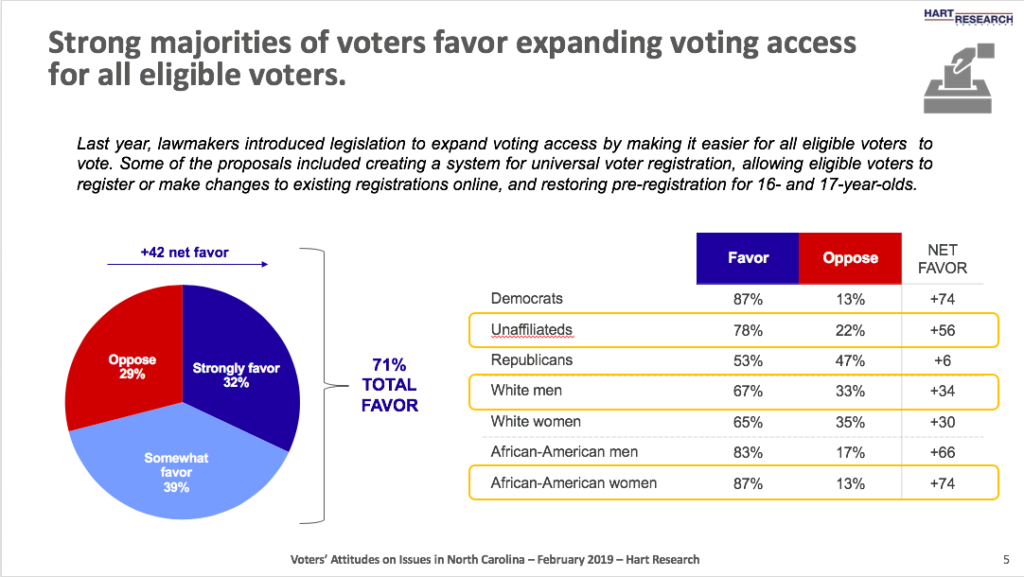
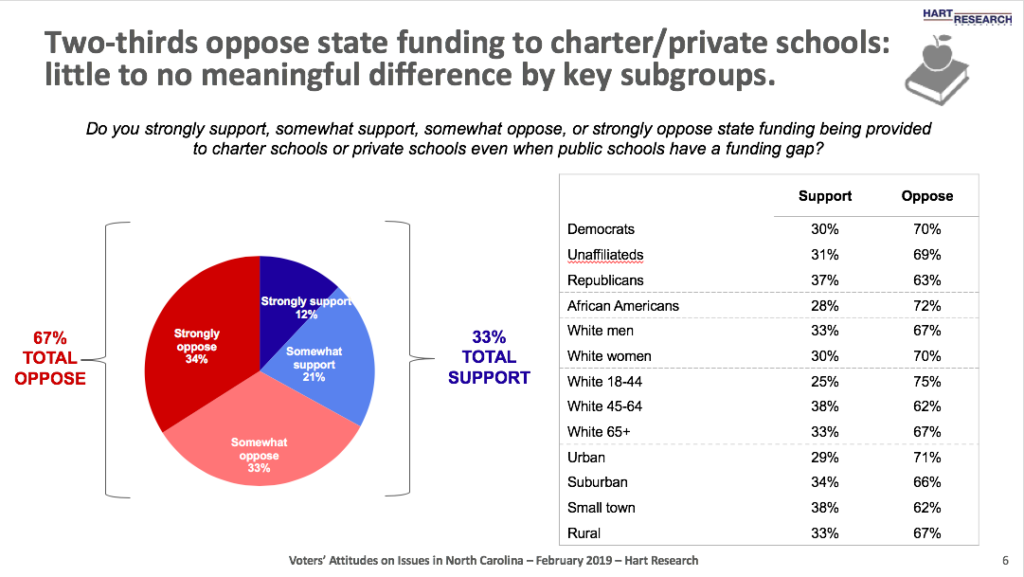

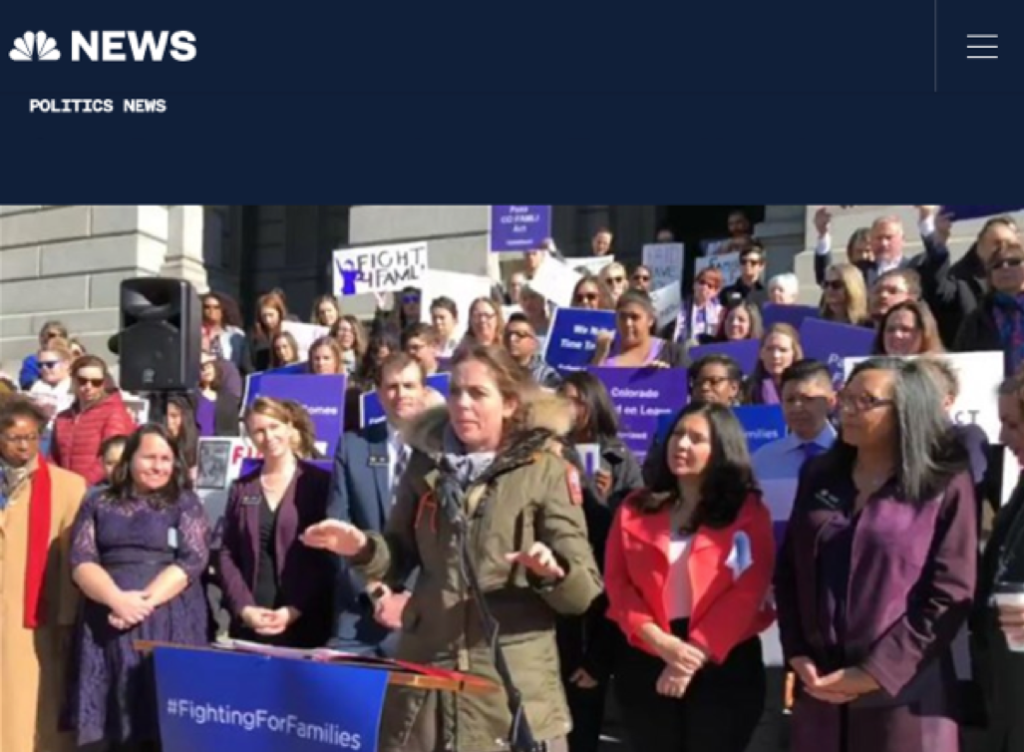
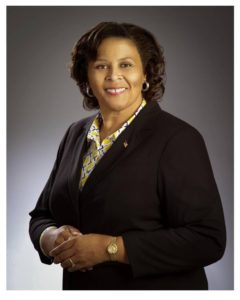
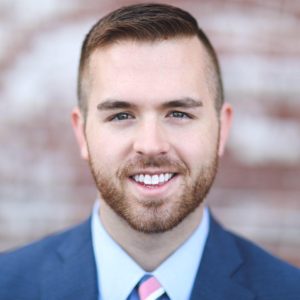 To honor and acknowledge June as LGBT Pride Month, SiX is highlighting the work and leadership on issues affecting LGBT communities with a Member Spotlight of Rep. Ryan Fecteau from Maine. Across the country, state legislators are introducing bans on the practice of so-called “conversion therapy” which seeks to change a person’s gender identity or sexual orientation. Rep. Fecteau championed a conversion therapy ban for minors in Maine this session, which after successful votes in the House and the Senate is still awaiting a few final procedural hurdles to passage.
To honor and acknowledge June as LGBT Pride Month, SiX is highlighting the work and leadership on issues affecting LGBT communities with a Member Spotlight of Rep. Ryan Fecteau from Maine. Across the country, state legislators are introducing bans on the practice of so-called “conversion therapy” which seeks to change a person’s gender identity or sexual orientation. Rep. Fecteau championed a conversion therapy ban for minors in Maine this session, which after successful votes in the House and the Senate is still awaiting a few final procedural hurdles to passage.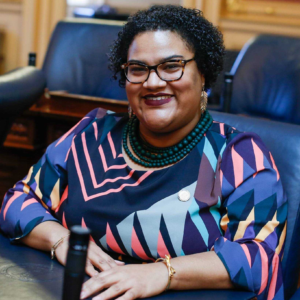
 Rep. Krueger-Braneky represents the 161
Rep. Krueger-Braneky represents the 161



